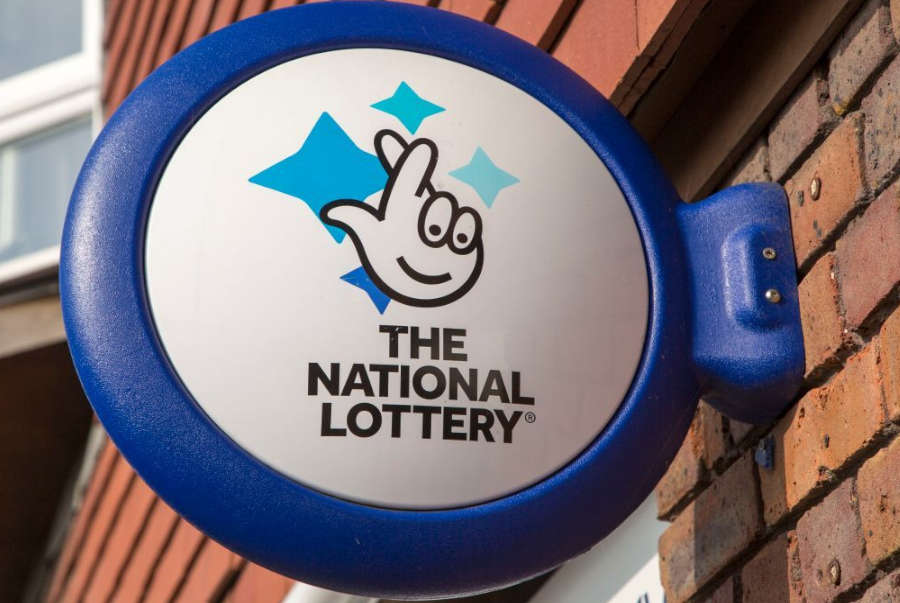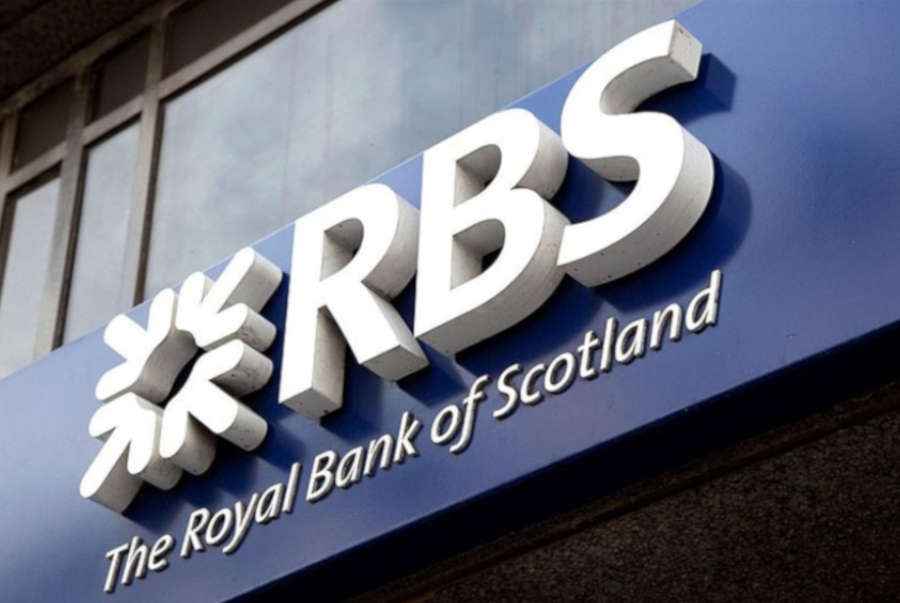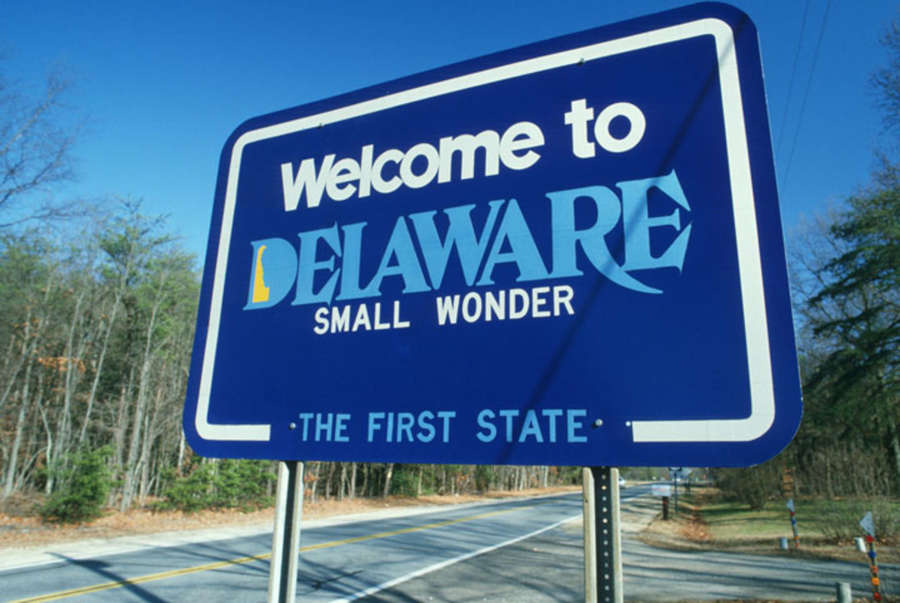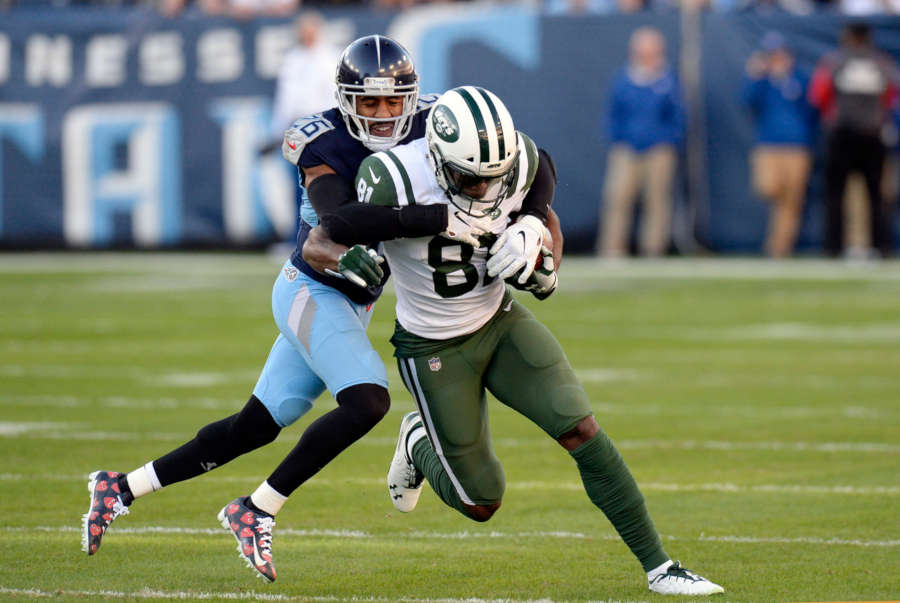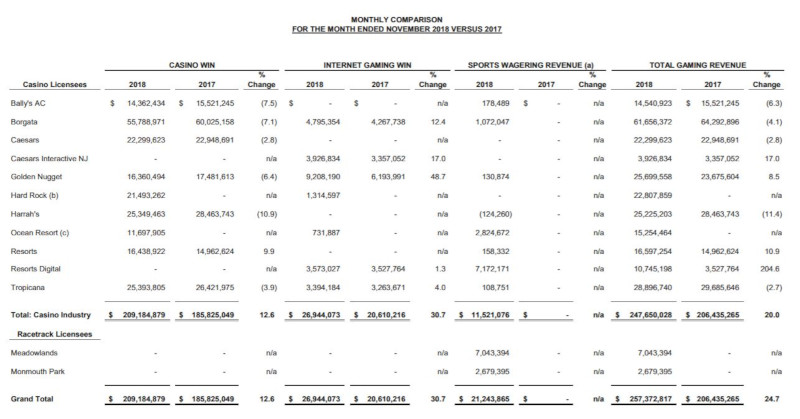- Massachusetts adds 2 more sports betting bills
- Governor Charlie Baker’s plan seems the most detailed
- There are at least five bills up for debate in Massachusetts by now
Massachusetts is on the offensive with plans to legalize sports betting. Additional two bills were disclosed just hours ago, bringing the total number of proposed drafts to at least five.
Baker and Rush Join the Massachusetts’ Sports Betting Show
There’s been a lot of endorsement for sports betting across the United States. In places, such as Kentucky, Michigan, and New York, lawmakers and local power brokers have been deliberating the introduction of their own sports betting bill.
All of this in the face of a looming Department of Justice (DoJ) ban on the federal level.
New York has had a string of draft bills which ended up floundering in the end. It all happened in a rapid succession, although Senator Joe Addabbo is now pushing with renewed efforts in the Empire State.
Meanwhile, Massachusetts’ own lawmakers have not been sitting idly. Governor Charlie Baker and Senator Michael Rush now have the spotlight, having introduced two separate bills.
A Look at the New Legislation
Baker’s bill seems to be ambitious enough, proposing a liberalized market, which will see retail and online sports betting open doors in the state. According to Baker’s proposal, operators would need to set up independent sportsbooks and not lump their activities together with existing casinos.
Licensing would again be left up with the Massachusetts Gaming Commission, Baker suggests. The tax rates would be quite accommodating, although they would vary based on the type of certification operators are applying for, i.e. online or offline:
- 10% on gross betting revenue for land-based venues
- 12.5% on GBR for online operators
- A application fee of $100,000 will need to be paid along with $500,000 for procuring a license
Baker has also provided estimates for the development of the market upon successful passing of the bill. According to the bill, the state will generate $35 million in revenue for the 2020 fiscal year.
Rushing for Royalty Fees Again
Senator Rush is meanwhile revisiting a familiar concept in his SD.1110 bill. Rush wants sportsbooks to pay royalty fees to domestic sports leagues, a move that has been dismissed by the American Gaming Association (AGA), observers, journalists, and businesses.
Even the sports bodies themselves decided not to press the issue, faced with impenetrable opposition.
Rush’s bill is also quite skeletal although seemingly favourable. An application fee of $100,00 is the only sum that sportsbooks would need to pay to the state, on top of $10,000 every year for renewing their license.
However, Rush’s bill fails to specify anything regarding tax and what properties would be given a chance to run these activities, i.e. casinos vs. dedicated sportsbooks. Meanwhile, there are three more bills up for discussion:
- Senator Brendan Crighton’s SD 903
- Senator James Welch’s SD 882
- Senator Bruce Tarr’s SD 908
Sen. Crighton’s bill comes close to Baker’s own plans. As to Se. Tarr, he intends to not legalize the industry so much as to set up a commission which can examine the industry. Meanwhile, Sen. Welch’s entertain the idea of legalize sports betting in the state, but offers little details.

